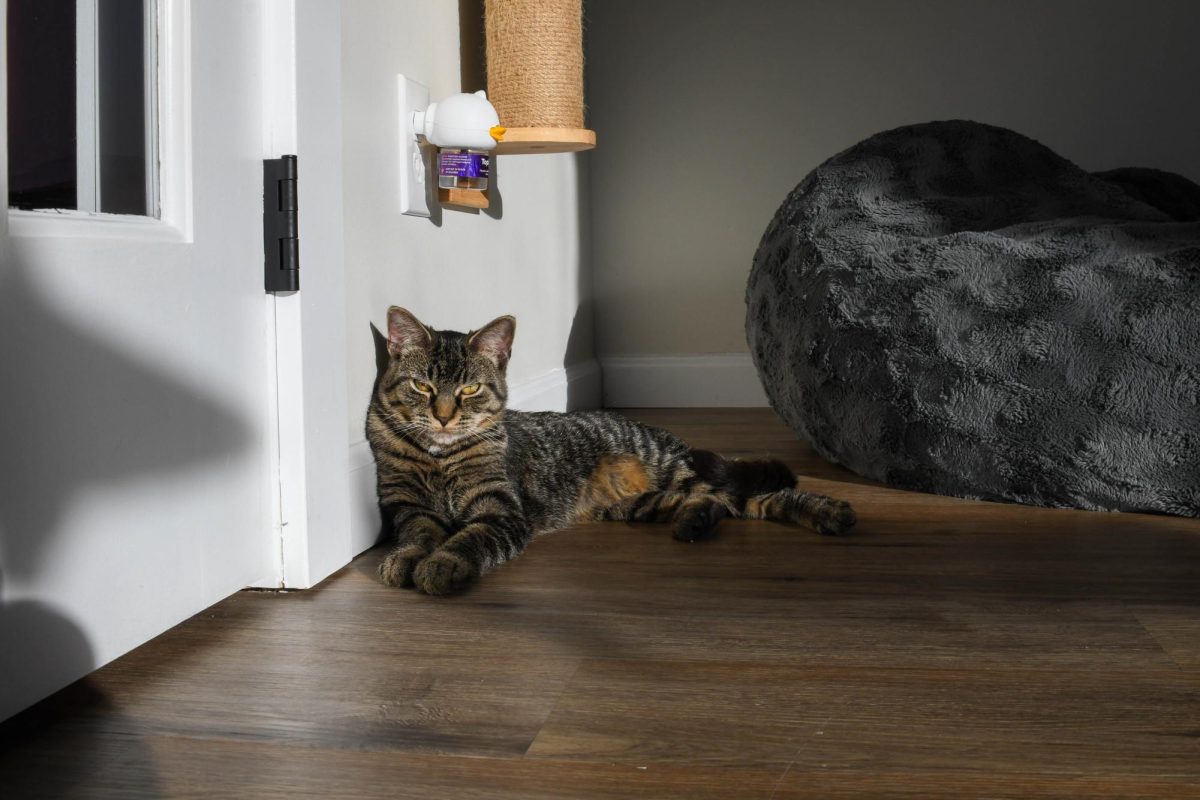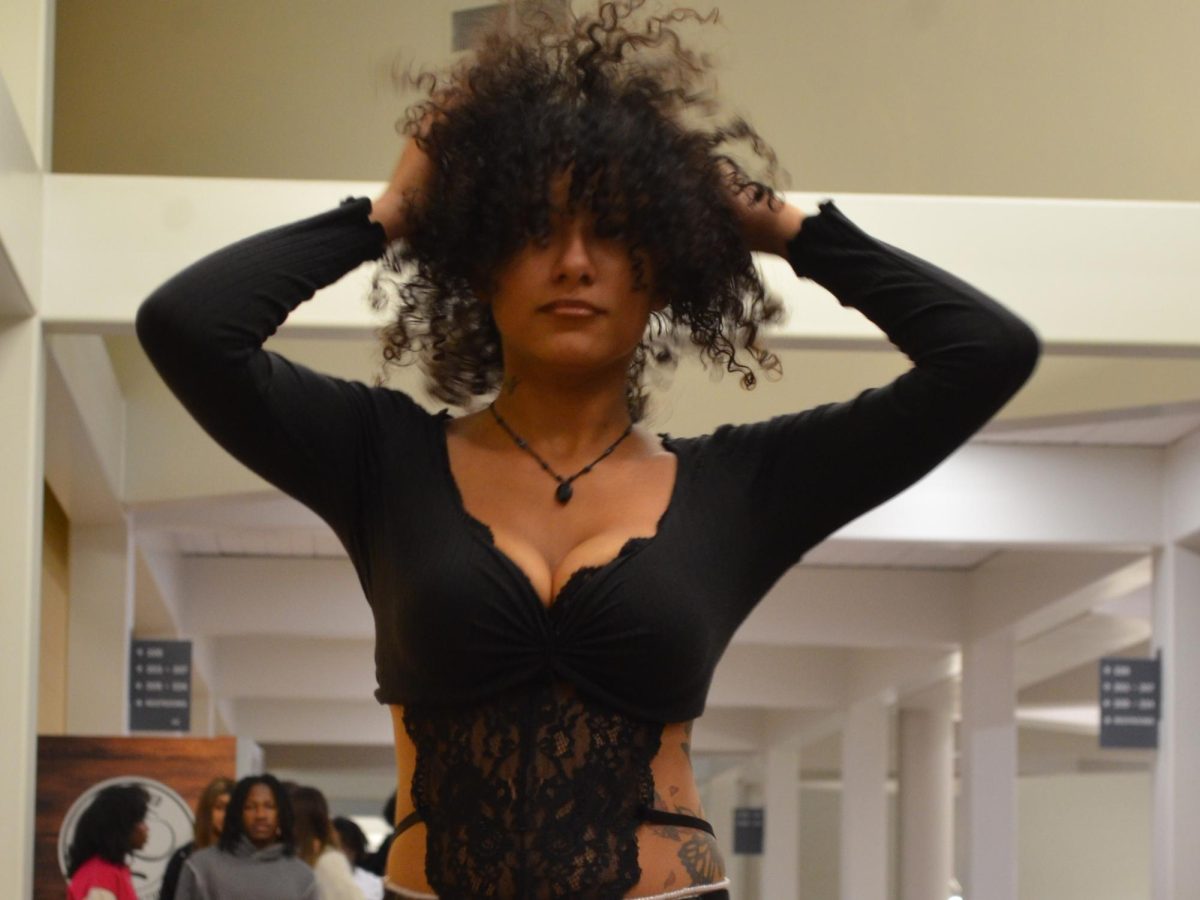During cold and flu season, the Student Health Center is littered with coughing, wheezing, sniffling college students who claim they are on the brink of death.
But even these staggering, forced trips to the Student Health Services (SHS) still might not be a good enough reason to miss class for some University professors who may have strict attendance policies.
‘My attendance policy is somewhat strict but very complex,’ said Dr. Emily Lutenski of the ethnic studies department. ‘I give two unexcused absences and after that, the participation grade will drop.’
Lutenski has never asked for documentation or reasoning for missed days, but any after two are called into question.
According to SHS, the sick-slip procedure advises students to contact their professors directly – preferably before missing a class – to make arrangements and accommodate their illness, but they can’t give actual sick notes.
The procedure states that ‘the Student Health Service can not vouch for past or present illnesses either for you or your professor. As an emerging adult, we believe you and feel strongly your professors do as well.’
However, junior J.P. Gagen said most instructors don’t believe students when they claim to be sick – with or without a sick note – because many students skip class using illness as their main excuse.
‘I think the Health Center should allow sick notes for those students who go to class and have to miss because they are ill,’ he said. ‘No one is perfect, people get sick and it’s better to miss class than to show up and spread germs.’
Gagen said if an instructor has a strict attendance policy, a method should be established for students who miss class due to long-term or habitual sickness.
The SHS procedure currently states if a student misses more than three days of class, they should contact the Office of Student Life, but the student would overall be responsible for any class work missed.
But Gagen said there are some habitual illnesses that don’t come up consecutively.
For senior Sean Mika, mono was one of those illnesses during his junior year and his on-campus job required documentation from the Health Center, and he got one.
‘The sick note stated I would be excused from work for a week,’ he said. ‘Obviously mono takes longer than a week to recover from and work was upset with me because after that week, I wasn’t ready to come back.’
Dr. Joshua Kaplan, former director of SHS, explained how he feels about the sick-slip policy and procedure in a letter posted on the BGSU Monitor.
‘I know that our sick-slip policy seems designed to make it difficult for students, for faculty and for staff who supervise student employees to obtain sick-slips,’ the letter stated. ‘The reason for that is that it was.’
The letter goes on to state his reasons behind this: sick-slips are actually of very little value, it’s not true anyone too ill to attend class should seek medical care and the staffing at SHS is hardly extravagant enough to schedule appointments for over 15,000 sick students.
‘Since our primary concern is to treat and prevent illness, we work on the assumptions that when students say they are sick, they are sick,’ he wrote. ‘We are all generally working at or near our limits, and it definitely would impair our ability to provide the care that is needed if a significant number of our available appointments were to be taken by students who were coming for the primary purpose of getting a sick-slip.’
But faculty might not necessarily be asking for sick-slips for the sole purpose of lowering an attendance grade – they could be not asking because it would infringe upon a right of privacy or be unfair.
‘Every student is entitled to his or her own privacy,’ Lutenski said. ‘After two days missed, the absences are called into question but it’s not my place to ask and more often than not, the student gives me more information than I need.’
Mika said faculty should allow unexcused absences because there are some medical problems students may not want to divulge.
‘As college students, we’re at a point where privacy is a big deal,’ he said. ‘And faculty should give us the benefit of a doubt because the majority of students do have reasonable excuses for not coming to class.’
Lutenski said if she believes a student is habitually sick or may have long-term health issues, she may request some form of documentation but doesn’t require a written diagnosis. She said she would do this because ROTC and athlete students have to supply documentation for missed days and so should other students missing several classes.
‘I don’t want to create an inequity,’ she said. ‘If ROTC gives notes, and athletes give notes, then people who are habitually or long-term sick should give me something so I know what is going on.’
Lutenski said she has heard of many instructors enforcing an attendance policy too strict – supplying documentation for any classes missed – but she feels like there should be a difference between being an attendance tyrant and having an attendance policy.
‘There is a little wiggle room for kindness,’ she said. ‘I can still be kind and enforce an attendance policy with or without documentation.’







